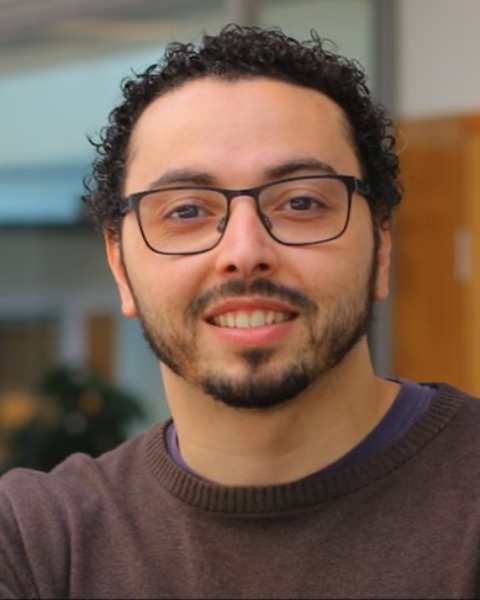Ignite
Controllable Microfluidic Devices for High-throughput Characterization of Bacterial Communication
.png)

Samuel Oliveira, PhD
Postdoctoral Researcher
Boston University, Massachusetts, United States
Cellular communities use inter-cellular signals to divide the labor of complex biological functions among species. Despite the advancement of synthetic biology tools for engineering complex genetic circuits with programmed functions, synthetic communities still lack mechanisms that provide co-cultures with robustness to environment fluctuations present in natural systems. Microfluidic devices can improve the robustness and sensitivity of co-cultures to varying environmental contexts. With spatial and temporal control, such devices enable the studies of novel intercellular signals in controlled conditions and their deployment in natural conditions. Here, we first developed a massively parallel microfluidic device to study the dynamics of bacterial communication in synthetic microbial communities. Namely, custom biocommunication channels and precise control over experimental conditions simultaneously allow for the characterization of multiple co-cultures. Next, cell-cell communication was designed to leverage quorum-sensing systems and activate a fluorescence reporter system downstream. We built five pairs of sender-receiver cells carrying five intercellular signaling systems, independently, in which the receiver cells produce YFP signals after successful communication. Then, bacterial co-cultures were grown and maintained in long-term experiments (around seven days) in microfluidic devices under time-lapse microscopy. Signal processing tools were used to independently detect, track, and analyze fluorescence signals at the single-cell level for each pair of cells.



